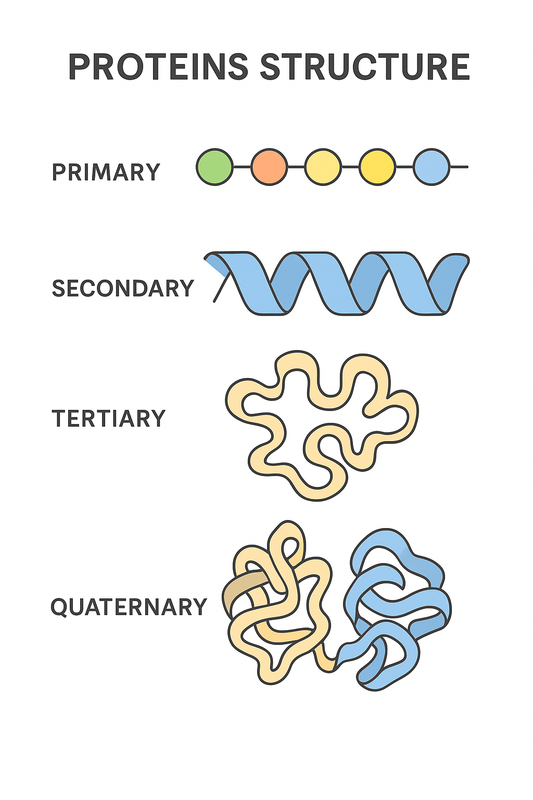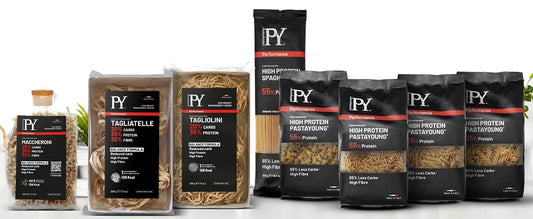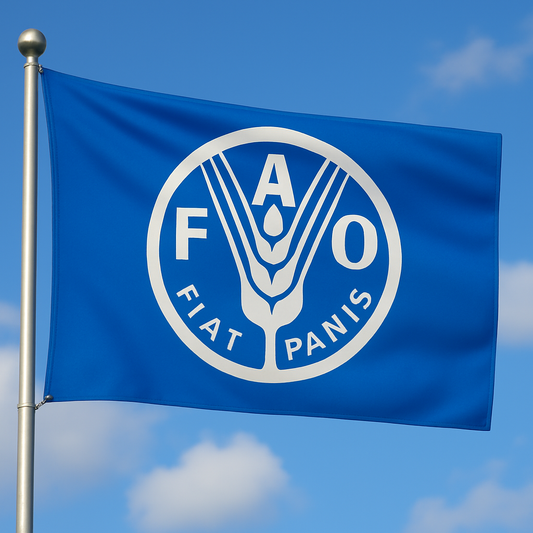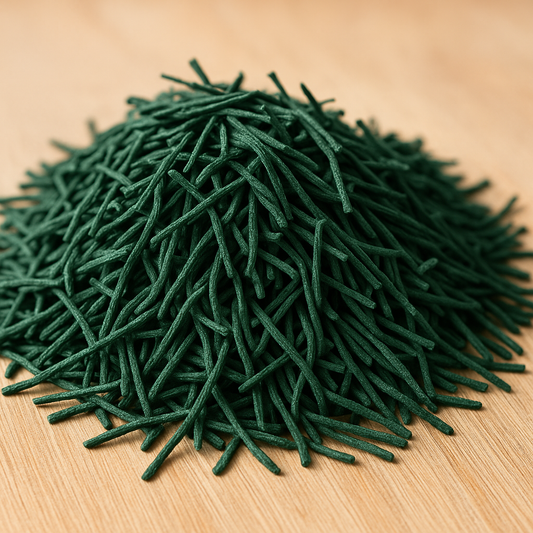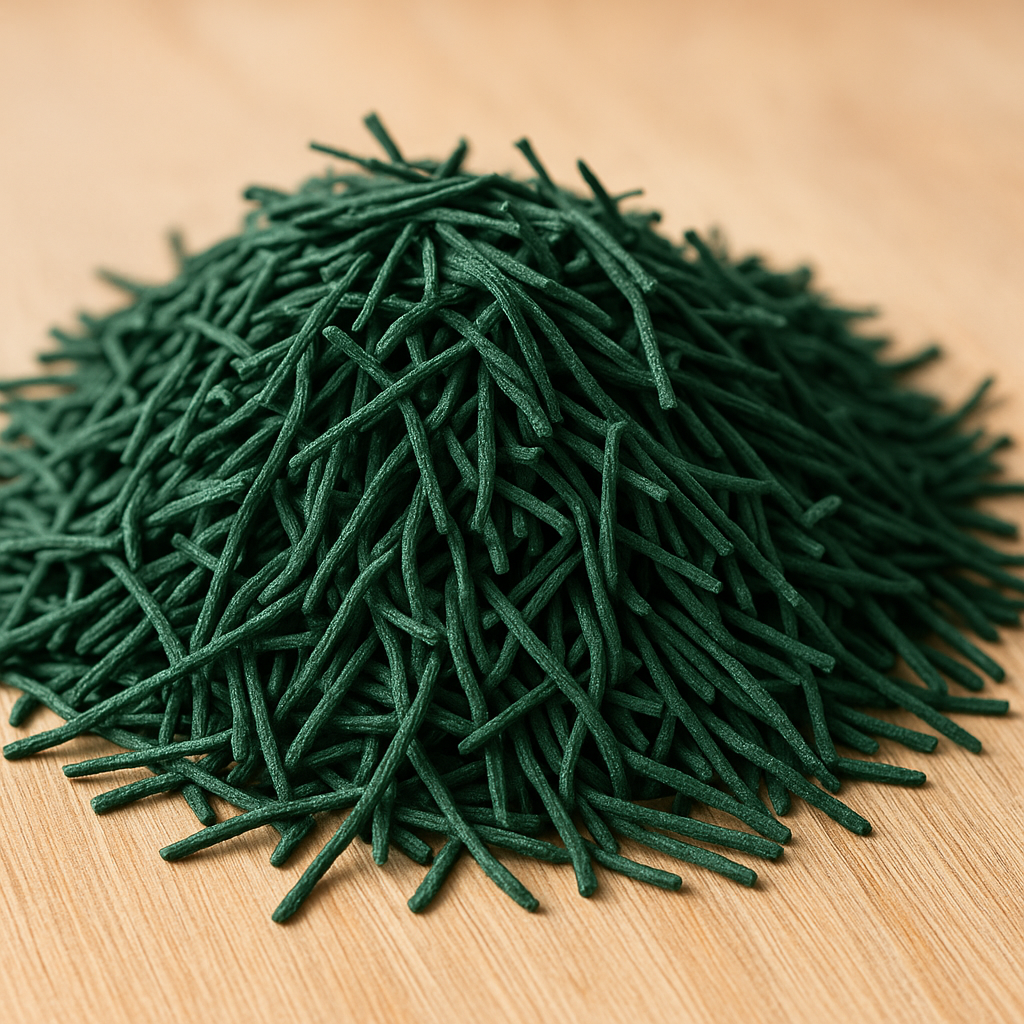
Spirulina: Nutritional Properties and Sustainable Production
Share
What Makes Spirulina a Superfood?
Spirulina is a blue-green microalga that stands out for its dense nutrient profile and sustainability. Here's what makes it exceptional:
- High-Quality Protein: Spirulina contains 55–70% complete proteins, including all essential amino acids—comparable to animal proteins.
- Vitamins and Minerals: Rich in B vitamins (B1, B2, B3, B6, B9), as well as vitamins A, C, D, and E. It also contains iron, calcium, magnesium, potassium, and zinc.
- Essential Fatty Acids: Contains gamma-linolenic acid (GLA), an omega-6 fatty acid with powerful anti-inflammatory effects.
- Antioxidants: Spirulina includes phycocyanin, beta-carotene, and chlorophyll, helping to fight oxidative stress and support immune health.
Sustainable Spirulina Production Methods
Spirulina is cultivated using eco-friendly and efficient systems designed to reduce environmental impact:
- Open Ponds: Shallow outdoor pools exposed to sunlight. Cost-effective, but more prone to contamination.
- Photobioreactors: Enclosed systems offering precise control over growth parameters, minimizing contamination and maximizing purity.
- Closed-Loop Systems: Advanced technologies that recycle water and nutrients, cutting waste and reducing environmental footprint.

Spirulina’s Environmental Benefits
In addition to its health benefits, spirulina contributes positively to the environment:
- Low Environmental Impact: Requires less water, land, and energy compared to animal-based protein sources.
- Carbon Reduction: Spirulina cultivation helps capture CO₂ and contributes to oxygen production through photosynthesis.
- Versatility: Available in powder, capsule, or food ingredient form—easy to incorporate into any diet.
Conclusion: A Smart Choice for Health and the Planet
Spirulina offers an ideal combination of nutrition and sustainability. Whether you're looking to boost your protein intake, reduce your ecological footprint, or adopt a plant-based diet, spirulina is a powerful ally. Its production methods make it one of the most sustainable food sources on Earth.
Take a look to 21bites selection of spirulina-based products.

